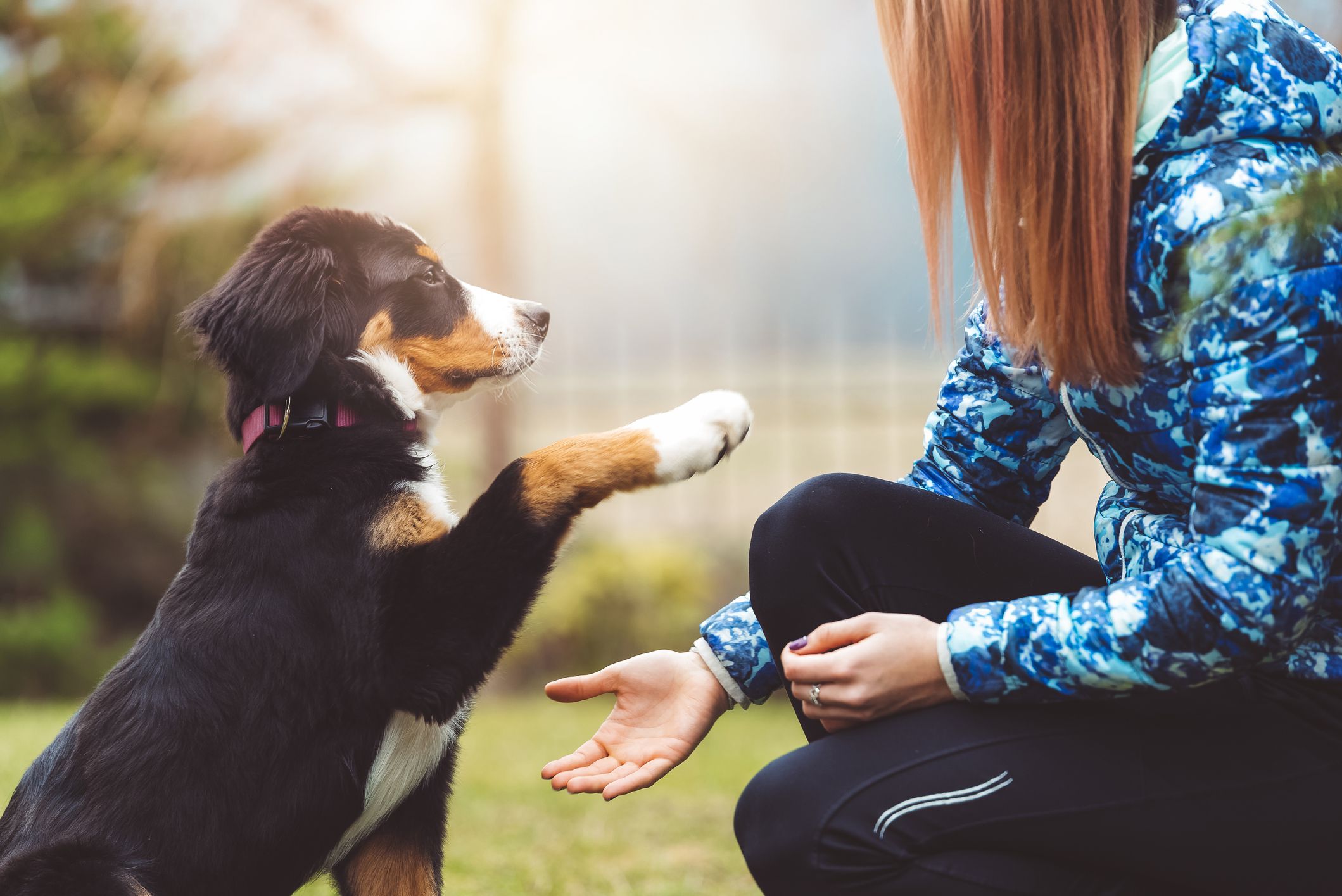Bringing a new puppy into your home is an exciting journey filled with cuddles, playtime, and unforgettable memories. To ensure a smooth transition for your furry friend, it’s important to be well-prepared before their arrival. From gathering essential supplies to puppy-proofing your home, the process can be quite the undertaking. Keep reading as we delve into the essentials of puppy preparation and set the foundation for a happy, healthy life with your new companion.
Essential Puppy Supplies Checklist
One of the first steps in preparing for your puppy’s arrival is compiling a comprehensive checklist of supplies. You will need the basics: a comfortable bed, food and water bowls, and a variety of toys for mental stimulation and teething relief. A collar, leash, and identification tags are also crucial for safety during outdoor excursions.
Quality nutrition is fundamental for a growing puppy, and selecting the right food can set them on a path to good health. Consider discussing diet options with your vet and look into fresh puppy food to start filling your puppy with the right nutrients. Treats are just as important for training and rewarding good behavior, so be sure to pick healthy options.
Grooming supplies are also vital for your new companion. From shampoos suitable for sensitive puppy skin to brushes that manage their coat type, keeping these supplies on hand will help your puppy look and feel their best. It’s also essential to have nail clippers and dental care items to maintain overall health.
Creating a Safe Space for Your Puppy at Home
Your puppy’s environment greatly influences their development and behavior. Designating a specific area of your home as their safe haven allows them to adapt and feel secure. This space can be a small room, a pen area, or even a corner decked out with a bed, toys, and fake plants decor to avoid the risk of them chewing on real, potentially toxic plants.
In their special space, keep the noise level and foot traffic to a minimum, especially in the beginning. Soft bedding and familiar scents can be comforting, so consider placing an item with your scent nearby. Introduce the area gradually, offering treats and affection to help your puppy associate it with positive experiences.
The safe space should also be equipped with a piddle pad or easy access to a potty area. This will help with consistent house training and prevent accidents elsewhere in the home. Remember to spend quality time with your puppy in their space to promote bonding and a sense of security.
Establishing a Routine for Feeding and Potty Breaks
A consistent daily routine is essential for a puppy’s sense of security and successful training. Determine feeding times that align with your schedule and stick to them, as this regularity helps regulate your puppy’s digestion and can prevent accidents. Divide their daily food portion into several smaller meals to aid digestion and energy levels.
Directly after mealtimes, take your puppy to their designated potty area to encourage good bathroom habits. Praise and rewards for successful outings will reinforce these behaviors. Expect some accidents, but never punish your puppy; instead, redirect and patiently continue with their training.
Between meals, monitor your puppy’s water intake to ensure they stay hydrated but also manage when to remove access, particularly before bedtime. Always lead them to their potty spot right before sleeping and first thing in the morning to instill a routine and improve overnight house training.
Puppy Health Care and Vaccination Schedule
Your puppy’s health is a top priority, and understanding their health care and vaccination requirements is critical. Schedule a vet appointment soon after bringing your new friend home to determine their current health status and establish a vaccination schedule. Vaccinations play a pivotal role in preventing serious diseases and ensuring your puppy can socialize safely.
It’s essential to also discuss parasite prevention, as puppies are often vulnerable to fleas, ticks, and worms. Your vet can recommend safe and age-appropriate treatments to protect your pet. Microchipping is another consideration during early vet visits to help with identification and recovery should your puppy wander off.
Overall, the joy a puppy brings into a home is immeasurable, but it comes with a fair share of responsibility. By planning, puppy-proofing, establishing routines, and adhering to healthcare guidelines, you can provide a nurturing environment. Preparing diligently will yield a harmonious co-existence with your new, loveable family member and make the rewarding journey of puppy parenting a smooth one.
Keep an eye for more latest news & updates on Forbeszine!




